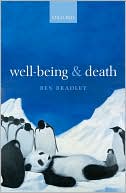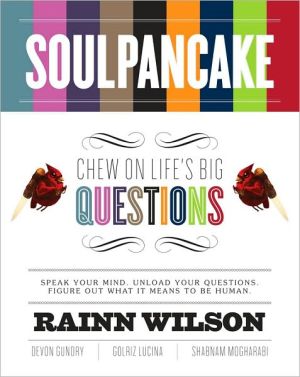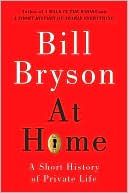Well-Being and Death
Search in google:
Well-Being and Death addresses philosophical questions about death and the good life: what makes a life go well? Is death bad for the one who dies? How is this possible if we go out of existence when we die? Is it worse to die as an infant or as a young adult? Is it bad for animals and fetuses to die? Can the dead be harmed? Is there any way to make death less bad for us? Ben Bradley defends the following views: pleasure, rather than achievement or the satisfaction of desire, is what makes life go well; death is generally bad for its victim, in virtue of depriving the victim of more of a good life; death is bad for its victim at times after death, in particular at all those times at which the victim would have been living well; death is worse the earlier it occurs, and hence it is worse to die as an infant than as an adult; death is usually bad for animals and fetuses, in just the same way it is bad for adult humans; things that happen after someone has died cannot harm that person; the only sensible way to make death less bad is to live so long that no more good life is possible.
Acknowledgments viiIntroduction xiii1 Well-Being 11.1 The Concept of Well-Being 11.2 Theories of Well-Being 41.3 Well-Being and Time 181.4 A Paradox 301.5 Conclusions and Implications 402 The Evil of Death 472.1 Instrumental Value and Difference-Making 472.2 Overdetermination, Preemption, and Causation 522.3 Genuine Evils, Fitting Attitudes, and the Symmetry Problem 602.4 Harm 652.5 An Argument For the Difference-Making Principle 693 Existence and Time 733.1 Is All Badness Temporal? 743.2 Could Death Be a Temporal Evil? 793.3 When Is Death Bad? 843.4 Objections 923.5 The Value of Nonexistence 984 Does Psychology Matter? 1134.1 When Is it Worst to Die? 1134.2 The Cure 1174.3 Abortion 1214.4 Desires and Time-Relative Interests 1264.5 Cows 1475 Can Death be Defeated? 1555.1 The James Dean Effect 1575.2 Old Age and Progeria 1645.3 Previous Gains and Discounts 1665.4 Realism 170Conclusion 177Bibliography 181Index 191








